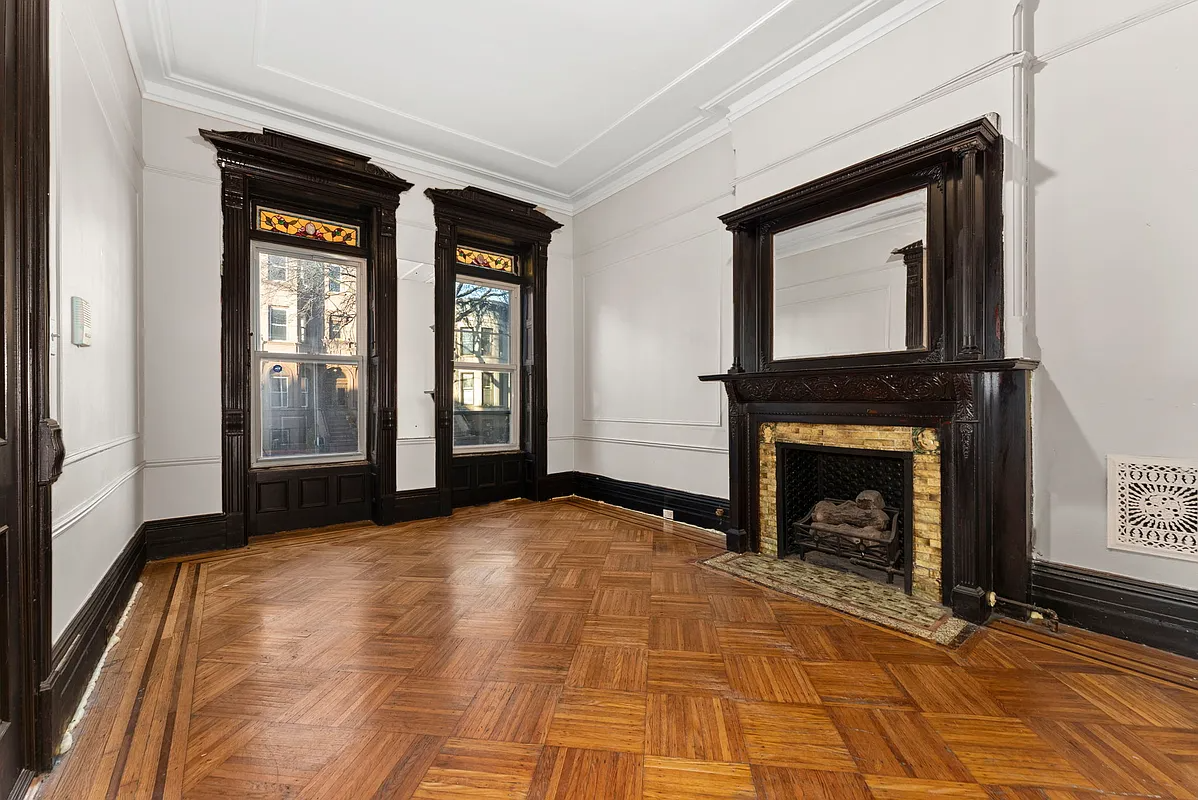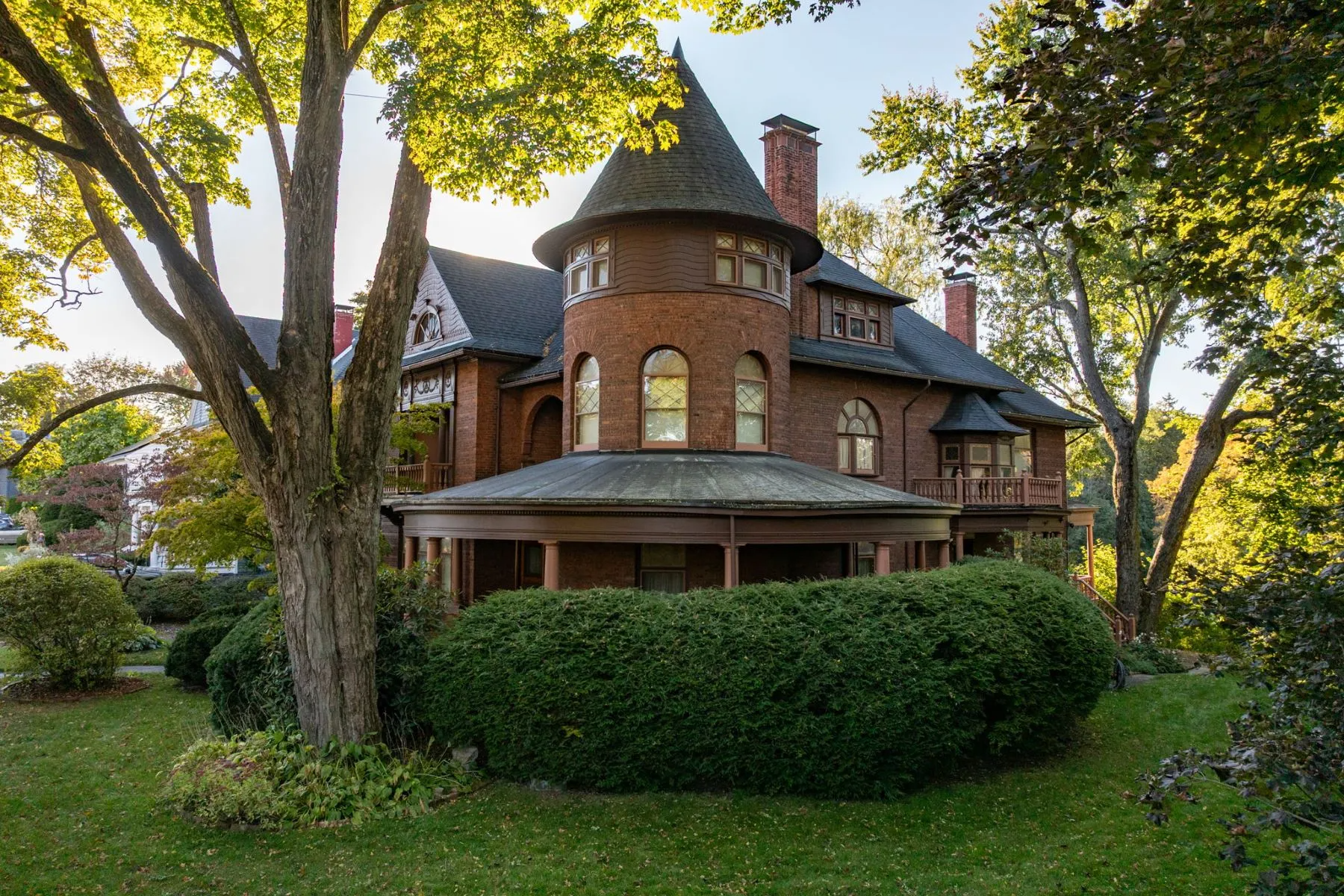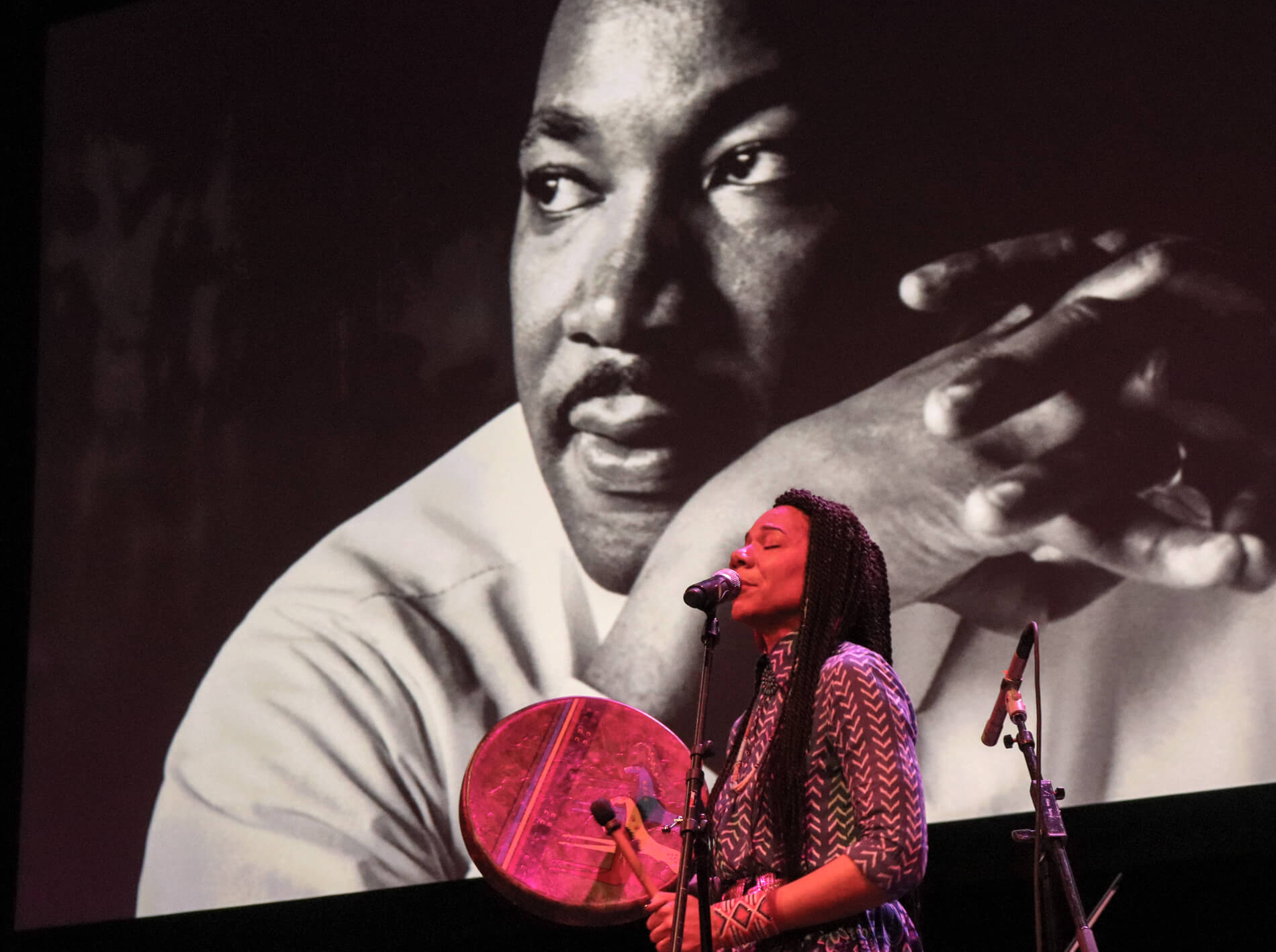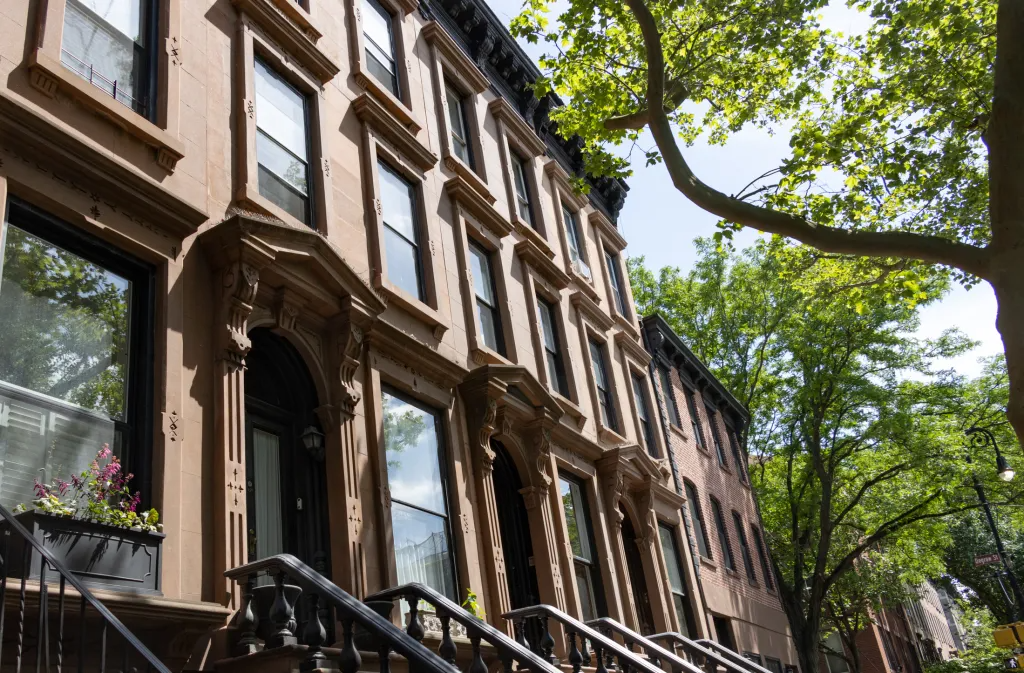More Proof the Housing Boom Is Over
The Office of Federal Housing Enterprise Oversight released data earlier this week showing that U.S. home prices experienced their biggest deceleration in growth in three decades in the second quarter–but nevertheless ticked upward. Average home prices rose 1.17 percent in the April to June period, versus 3.65 percent in the same period a year earlier….

 The Office of Federal Housing Enterprise Oversight released data earlier this week showing that U.S. home prices experienced their biggest deceleration in growth in three decades in the second quarter–but nevertheless ticked upward. Average home prices rose 1.17 percent in the April to June period, versus 3.65 percent in the same period a year earlier. “These data are a strong indication that the housing market is cooling in a very significant way,” OFHEO Director James B. Lockhart said in a statement. “Indeed, the deceleration appears in almost every region of the country.”
The Office of Federal Housing Enterprise Oversight released data earlier this week showing that U.S. home prices experienced their biggest deceleration in growth in three decades in the second quarter–but nevertheless ticked upward. Average home prices rose 1.17 percent in the April to June period, versus 3.65 percent in the same period a year earlier. “These data are a strong indication that the housing market is cooling in a very significant way,” OFHEO Director James B. Lockhart said in a statement. “Indeed, the deceleration appears in almost every region of the country.”
Home Prices Rising After 2Q Slowdown [Forbes]





I will NOT be able to get enough of that upside-down smiley face…
Anon 1:01, you are a complete fool without the slightest understanding of the history of this country. This country has ALWAYS been about trade and consumption, at least as far back as the white man’s been here. Also, much as I’d like housing prices to collapse so I could afford to buy, I would never root for a deep recession that would, as always, inflict misery disproportionately on the less fortunate. Economic booms are always accompanied by a fin de siecle decadence, but I’m willing to accept that for the improvement it brings to the average person’s life.
Sorry, this is getting way off topic, but that post was just too stupid not to respond to.
The point about Gen X’ers – maybe to a certain extent but I still think the vast majority will choose the burbs, and in fact, with NYC being so expensive will have no choice (realize that not everyone thinks a $1.2 million Brooklyn brownstone is “cheap” just because it’s cheaper than one in Manhattan). So they won’t be propping up NYC or Brooklyn as much as you think. Plus, whether it’s Boise or Brooklyn, in a downturn, the less established areas are the first to go – you can count on Brooklyn Heights being less hurt in a downturn than say, BedStuy.
About incomes, you cannot compare a principal making 100K to a Wall St. person. 100K is not a high income in these parts, and certainly not enough to afford even many condos around Brooklyn, much less brownstones. For everyone but the uberrich, wages are stagnant and in many areas, falling. There are many people predicting a recession, and whether it’s major or minor, that doesn’t bode well for Wall St. or its infamous bonuses (which despite a record year didn’t do all that much for the 2006 market).
NYC is great, I love it in all its uniqueness – but the idea of “soft landing” ignores economic fundamentals. I have yet to have anyone explain to me in a logical manner as to why – even here in NYC – prices should be where they are – the only thing people talk about is interest rates – they totally ignore incomes, rents, etc. To me it seems to rest on herd mentality, which now seems to be turning in the opposite direction. That’s too unstable for me to count it as a fundamental.
Interesting reading here. There are a couple of points about brooklyn, and new york in general that have not been brought up but are worth noting. Since I think we can all agree that downturns or upturns for that matter are largely local (at least that what the pundits/economists seem to agree on.)
First, brooklyn is and has been gentrifying and is still a considerable discount to manhattan. One could say the outskirts will get hit harder, but I think brooklyn has now come into its own where people with young families have made a choice to live in brooklyn vs. manhattan or the suburbs. This is insulating for brooklyn.
Second, there is a flight I feel for the generation x’ers against living in suburbia with kids and therefore family apartments and bronstones will be in demand for a long time coming.
Third, most people buying million dollar plus residences have seen their income rise incredibly over the last 5 years despite 9/11 and a recession. Look at bonuses for bankers or what an associate or partner at a law firm was earning 5 years ago vs. today. I mean even principles at public schools make 100K today. I think these incomes for this select top earners has a tremendous effect when coupled with brooklyn being a hot spot and the general flight from the suburbs into the city.
Lastly, new york is much more cosmopolitan than it was years ago and I think international buyers still view it as less expensive than other cities. On top of this I find great many retirees choosing to move into the city or at least the want to when the kids are out of college and they’re retired and we’ve only hit the first year of baby boomers who do have a lot to spend.
I think it was once said that real estate downturns have more to do with local economics and trends than interest rates, etc. I do think there will be a correction from prices in 2005 back to 2004 levels but I think new york for the moment and particularly brooklyn brownstones and houses are somewhat insulated. I also think a lot of the people who made these purchases for family homes are planning to stay for 30 years and so supply in this particular set of housing will be reduced, particularly if they didn’t make 10-20 or 30% on their house over the last few years. But so what its their home and there is no need to trade up. If you have to sell then that’s another story, but for most of us if we stick put we’ll be fine in 10 years and probably better off than one thinks today.
“this isn’t a soft landing , it’s harder than a soft landing” says Robert Toll. Quote of the day from Toll Brothers
Would be interesting to know if people on this site tend to have most of their investments tied up in their home. Seems like unhealthily fierce defense of home as sacred investment might be linked to people who have no investment elsewhere. When you are more diversified it’s easier to take a little loss here, a little gain there, because you know over the long run if you are wisely invested you should come out ok. People who put a dozen eggs in one basket and pray to (the real estate) god that they will have ten dozen eggs in a year or two are understandably more insecure.
I recommend a series of articles that Jonathan Clements has written in the Wall Street Journal this year about the perils of “investing” in your home. (I would link to them, but they are subscription articles.)
He does a careful comparison between buying a big house with an eye to investing in real estate versus buying a small house and investing in stocks. In his conservative model the small house strategy leads to more than double the retirement savings.
The moral is not that you shouldn’t own home, it’s that you shouldn’t invest in more home than you need.
Not sure. I see prices stagnating for a while.. really becoming a more healthy market.
I believe Real Estate (especially in New York) is a good solid long term investment. I have no doubt if you took $50K and bought $500K in real estate in New York. Vs. Taking $50K and throwing it at the stock market. Really 30 years from now the real estate will.. and I believe will always be better.
No one really knows. But one thing everyone agrees on is that it is the NEW inventory that is affecting the market. An increase in supply. The thing is most of the talk about inventory is based on the expectation for what will be built.. not really what’s there… really now.. Just plans to build.. or building permits that were filed.
When I look at all the conditions (and I work very closely with all of them)… my personal opinion is that the VAST majority of these new buildings will just not get built this time around anyway. Eventually yes.. but not the way they are being predicted and not close.
It’s just going to be too expensive to build these.. because many many of these developers purchased with the expectation that the market was going to continue to double or rise at 40% increases per year.. many bought at the top of the market and with … frankly bad numbers.. Some real estate agents pulls the highest sale ever in an area and uses that number.. And now..
One of the factors is the construction industry. Construction costs for new construction in 2001 were at about 120-150/ft. Today they are at $275/ft and escalating fast. And the level of finishes that buyers expect is constantly escalating. I remember a time when â€stainless steel†appliances was “cutting edgeâ€â€¦ come on.. when you read an ad that says “stainless steelâ€.. Come on.. buyers out there.. what do you say? “what.. not Viking? No sub-zero?â€
The cost to purchase a build able foot has been escalating over the years as well and now you can’t get land anywhere for $100 a build able ft. Not in the worst location you can imagine… Prime areas are $200/ft. Many are asking seemingly any number $300/ft.
Soft costs have gone up to… the demand for expeditors and architects and engineers has increased with the increase in building applications. The budget for marketing has gone up astronomically. I remember a time when a big NY Times ad that ran about $1500 would be an above average marketing effort. Now developers need to spend $10K to run a single full page ad and large projects are spending over $1million sum total on marketing efforts.
Interest rates have gone up.. that effects builders too. They use to get 3-4% loans.. now they have to carry much costs for the money they use to build the site…. And on top of that the NY AG and Building Dept are backed up so they have to carry those costs for longer.
Commissions will go up. Developers use to be able to sell at lower commissions (2%)… Now it’s more of a burden for a real estate agent then a gift. In Brooklyn the advantage of co-broking has become a well known fact and if you want those agents to hustle to your site and WAIT.. maybe 2-3 years to get paid.. you better offer them 3%.
So net sum total.. you bought for $200/ft and between hard and soft costs you spent $525/ft-$550/ft to get the thing up there.. (200/ft to purchase + 275/ft to build + 50 in soft costs). So right now.. anywhere at $525/ft you break even and that means you don’t built it. As a matter of fact at $600/ft the rewards do not outweigh the risks.. You need about $700+ a ft to make money significant enough to tale that risk.
So.. that’s my opinion.. the markets going to stagnate while they figure that out.. Prime areas of Brooklyn that sold for $800/ft are really on average anyway (not the amazing penthouse.. OK) … $700/ft. Good area of Brooklyn are $600/ft location (those $725-750 numbers were a split second number).
There will be enough inventory increase to stagnate the prices.. but the big sites that really effect inventory.. they will not get built until the next real estate cycle.
Those big wigs can afford to hold them and they can use the tax right offs. The little guys will just loose money.
Amen, 3:11. I think people go way overboard in patting themselves on the back about how much money they’ve “made.” Your house is worth exactly the amount you sell it for when you eventually sell it. It is so easy to just focus on the dollar amounts flying around and forget the investment that is continually put into keeping up a house – especially an old one. I know I generally try to block out all of those expenses entirely!